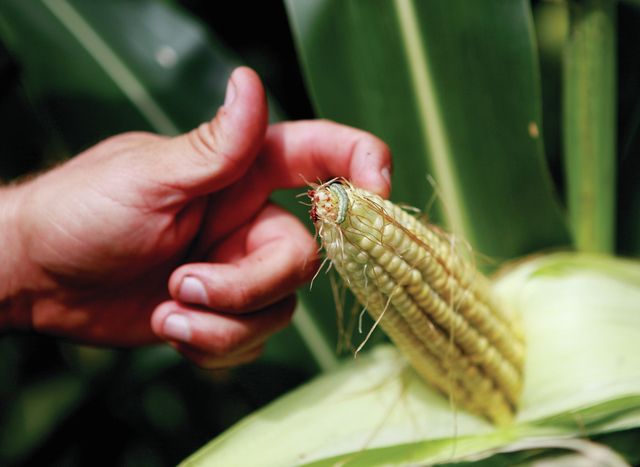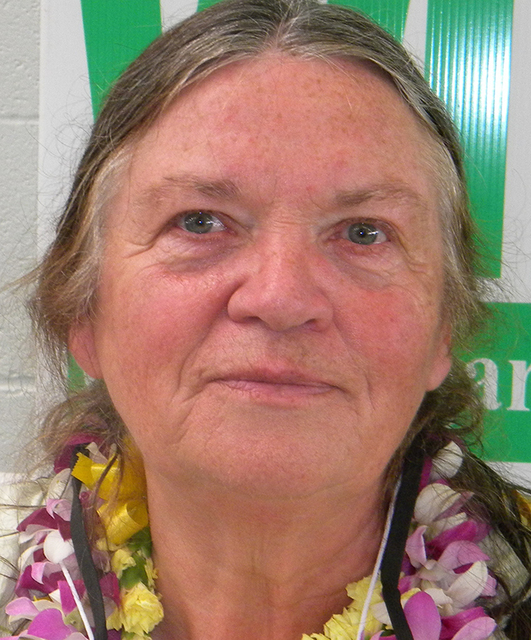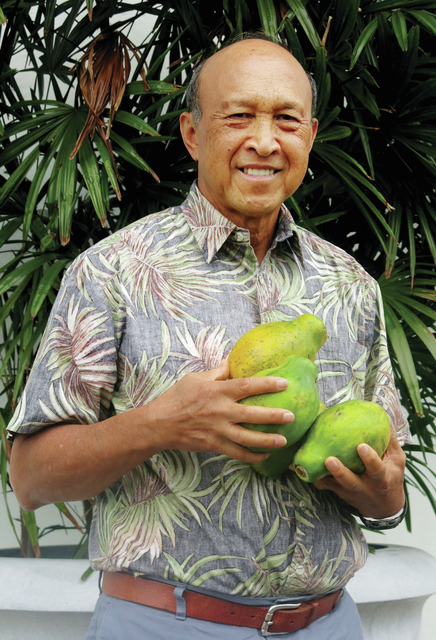A partial ban on growing genetically modified crops in Hawaii County will remain invalid following a ruling Friday in the U.S. Court of Appeals. ADVERTISING A partial ban on growing genetically modified crops in Hawaii County will remain invalid following
A partial ban on growing genetically modified crops in Hawaii County will remain invalid following a ruling Friday in the U.S. Court of Appeals.
The court found the ban violated state and federal law, reflecting an earlier decision in U.S. District Court.
The county appealed the district court’s ruling, and any decision to continue to try to defend the law would likely be up to the next County Council that takes over in December, said Molly Stebbins, county corporation counsel. The next step would be the U.S. Supreme Court.
Earth Justice and the Center for Food Safety represented the county at no cost, she said.
Kohala Councilwoman Margaret Wille, who authored the bill adopted in 2013, said opponents of genetically modified organisms, or GMOs, will likely next focus on passing laws on the state level that could allow for more regulation.
“The counties should have more authority,” she said. “And we need to stop allowing Monsanto … with their toxic stuff to come in here.”
The appellate court issued similar rulings regarding GMO restrictions passed in Maui and Kauai counties.
Those laws were adopted because of concerns about GMO seed companies and their use of crops that are resistant to pesticides.
Hawaii County’s fight over modified crops was unique since the county is not home to any of the controversial seed farms.
GMO crops grown here include papaya, which is resistant to the ringspot virus rather than pesticides, and herbicide-resistant corn grown by Big Island Dairy for cattle feed. Those existing farms would have been grandfathered in, though they would have been required to register with the county.
Still, much of the testimony before the County Council, which lasted for days, focused on the seed companies, such as Monsanto, and debunked claims of health hazards from consuming modified food.
Some local farmers and proponents of modified crops said they felt unfairly vilified as a result.
“The local farmers got caught up in all the furor against the big companies,” said Dennis Gonzales, a Hawaii Island scientist who developed the virus-resistant Rainbow papaya in the 1990s. That crop has been credited with saving the industry.
He said he thought the council listened more to emotional testimony than scientists in the field, who were provided little time to speak in comparison.
“Where’s the evidence” that papaya is harmful? Gonzales asked. “There’s no evidence. What makes me sad is people listen to these supposed experts.”
The World Health Organization says “no effects on human health have been shown as a result of the consumption of (GMO) foods by the general population.”
Wille said organic farmers are still concerned their crops could be cross-pollinated by GMO varieties.
She said she will continue to pursue more regulations through her position as the co-chair of the state Democratic Party’s legislative committee.
“We need to address the question: How do we protect organic and non-GMO sectors from being destroyed?” Wille said.
The ruling also will protect research into combating other plant diseases, such as the banana bunchy top virus that threatens local growers.
The county’s ban would have prevented any open-air research from being conducted or new modified crops from being introduced, unless grown indoors.
Gonzales said consumers should judge GMO crops “case by case” and keep an open mind.
“All of this could have been avoided if people just sat down and talked story,” he said.
Plaintiffs challenging the law included the Hawaii Papaya Industry Association, Big Island Banana Growers Association, Hawaii Cattlemen’s Council and individual farmers and growers.
Email Tom Callis at tcallis@hawaiitribune-herald.com.





